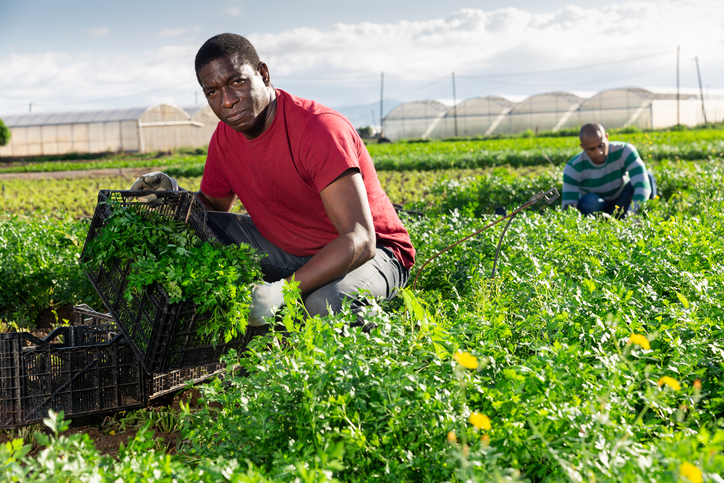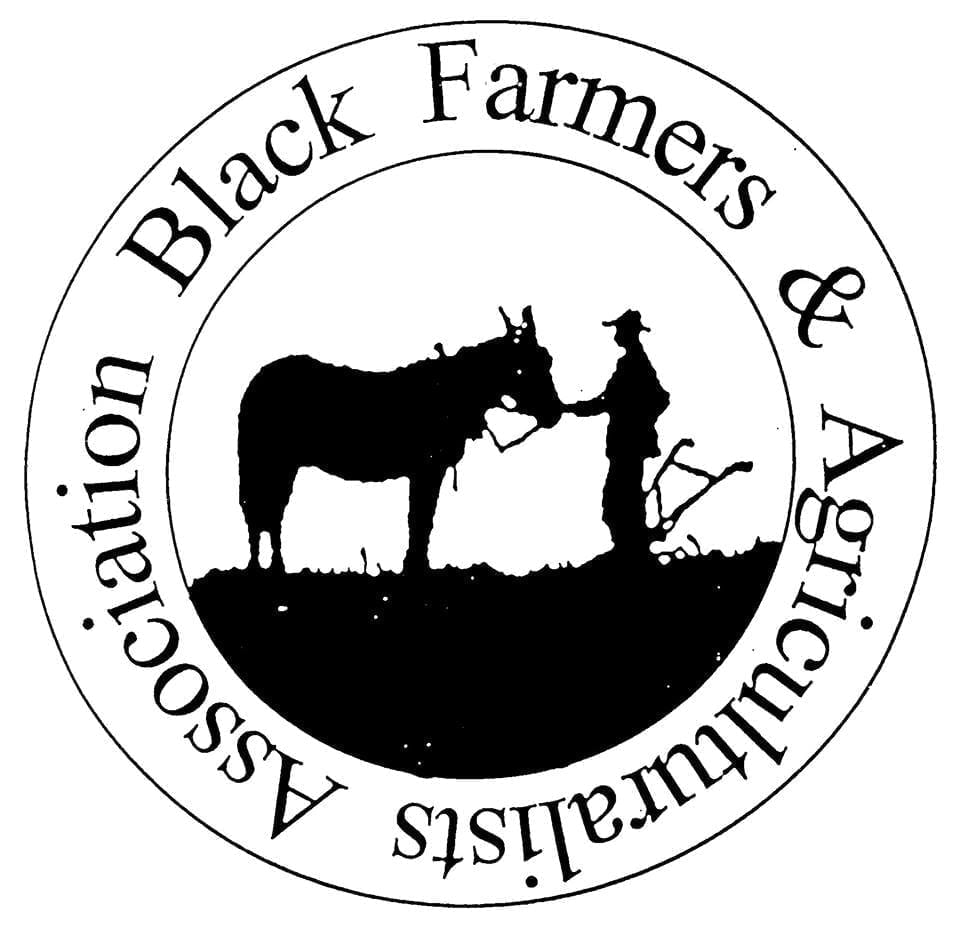The Black Farmer Fund was born out of a conversation between Karen Washington and Olivia Watkins, two farmer activists who met at a conference in 2017. They were both frustrated by the lack of financial assistance available for Black farmers, and they decided to do something about it.
In 2021, they launched the Black Farmer Fund (BFF), a nonprofit organization that invests in Black-owned food businesses located in the Northeast that use their businesses to build community wealth, move forward economic justice, practice ecological wellbeing, and are community-oriented.
Recently, the BFF announced that it successfully secured $11 million toward a $20 million fundraising target. The funding round was led by the New York Community Trust and the Ford Foundation, with participation from other foundations and individual donors.
The new funding will allow the BFF to expand its lending and technical assistance programs, and to invest in Black-owned food businesses that are working to address food insecurity and climate change.
The Black Farmer Fund also plans to use the funds to support its new Rapid Response Fund, which supports Black farmers & food actors in emergency situations including but not limited to equipment breakdown, weather damage, loss of crops or animals, medical expenses, stolen or damaged supplies, etc.
The fund provides low-interest loans and grants to Black farmers, herbalists, restaurant owners, caterers, food distributors, and other food-related entrepreneurs. It also provides technical assistance and training to help its investees succeed.
The BFF is a community-led fund, which means that the decisions about who to invest in are made by a committee of Black farmers, food entrepreneurs, and advocates. This ensures that the fund is meeting the needs of the Black farming and food justice community.
The Black Farmer Fund has already had a significant impact. In its first year of operation, the fund provided over $1 million in loans and grants to Black farmers and food businesses. The BFF also provided technical assistance and training to help its investees succeed.
The BFF has helped Black farmers and food businesses to:
- Increase their access to capital
- Improve their business practices
- Develop new products and services
- Expand their markets
- Create jobs
The Black Farmer Fund is a significant step towards addressing the historical discrimination faced by Black farmers and ranchers in the United States. Today, just 1% of farmers in the United States identify as Black according to the United States Department of Agriculture (USDA). These numbers are down from 1 million Black farmers a century ago. In 1919, Black farmland ownership peaked at 16 to 19 million acres, about 14% of total agricultural land.























